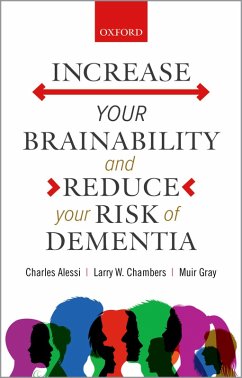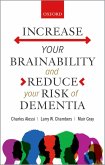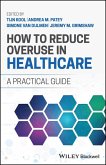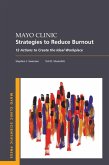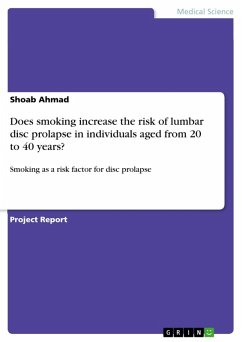Dreaded by many people as an inevitable part of normal aging, Dementia has displaced Cancer as the most feared health problem. Cancer continues to be a serious condition, but it is often curable, and almost always treatable. In contrast, the fear of dementia is complicated by the fear of ageing, and by muddled thinking about its relationship with Alzheimer's disease. Yet, there is no reason to be disheartened. Ever-evolving scientific evidence means that we can be increasingly optimistic about the future, and on-going research shows that the problems we dread- dementia, disability and dependency- can be controlled. By taking steps to limit damage to the brain caused by stress, sleep problems, and inactivity throughout our lives, it is more than possible to substantially reduce your risk of dementia. Equally, a loss of physical fitness (which starts long before old age) is preventable. Based on research from the Optimal Ageing Programme, and full of practical, evidence-based advice on managing the major risk factors underpinning dementia, this book will inspire readers to fight back against the modern environment and negative societal attitudes. Through simple but effective lifestyle changes that anyone can make, everyone can take positive action to increase their brainability. It is never too late to change your life, reduce your risk, and live better for longer.
Dieser Download kann aus rechtlichen Gründen nur mit Rechnungsadresse in A, B, BG, CY, CZ, D, DK, EW, E, FIN, F, GR, HR, H, IRL, I, LT, L, LR, M, NL, PL, P, R, S, SLO, SK ausgeliefert werden.

